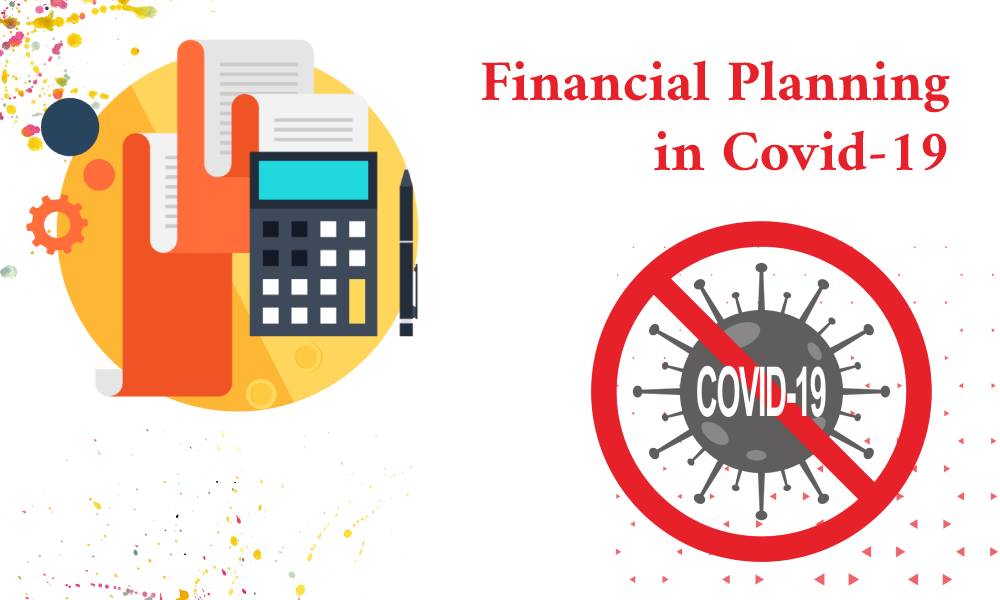Different aspects of financial management can have different purposes. Planning involves setting goals and objectives, identifying resources and strategies needed to achieve those goals, and establishing timelines for completion. Budgeting, on the other hand, is the process of allocating resources and creating a financial plan to achieve those goals, often involving the creation of a detailed spending plan that includes estimates of income and expenses. That’s why they are not the same. Planning is about setting the direction and goals, while budgeting is about managing the resources to achieve those goals. But they both work together to help you accomplish your goals.
Financial Planning Objectives:-
Financial planning is the process of creating a comprehensive plan to achieve financial objectives. Planning can involve both long-term ( Strategic Planning) and annual (Operational) planning. Financial planning typically involves identifying financial goals, such as retirement planning, education funding, or buying a house, and developing a plan to achieve those goals within a specific time frame. The process may also involve creating a budget, managing debt, selecting appropriate investments, and managing risk through insurance and other strategies.
This document is a useful tool that can assist you in making future plans while taking into account your current circumstance and objectives. It offers you detailed instructions to assist you accomplish your goals. Both individuals and corporations should engage in financial planning since it can aid in decision-making and safeguard future finances. This paper is a useful tool that can assist you in making future plans while taking into account your current circumstance and objectives. It offers you detailed instructions to assist you accomplish your goals. Both individuals and corporations should engage in financial planning since it can aid in decision-making and safeguard future finances.
Budgeting Objectives:-
Financial budgeting is a planning and management technique used to manage one’s financial resources in a way that aligns with one’s goals. The goal of financial budgeting is to ensure that income is maximized while expenses are minimized, allowing individuals and organizations to save money. To create a budget, divide your revenue into different categories, such costs, and then multiply each category by the designated time period. This will assist you in monitoring your spending and ensuring that you are not going beyond. The process of financial budgeting typically involves creating a detailed plan for income and expenses, including tracking expenses, identifying areas where expenses can be reduced or eliminated, and prioritizing spending to focus on the most important goals. Following a budget can help individuals avoid overspending and achieve their financial objectives.
To control your spending and make sure you are getting the most for your money, you should create a budget. A flexible budget is easier to follow than a rigid one.
Long-Range Planning vs Budgeting:-
Long-range planning and budgeting are two important aspects of financial management, used together to ensure that an organization’s financial resources are being used effectively to achieve its goals over the long term. Long-term planning involves setting goals and objectives for a period of several years, often five or more, and identifying the resources and strategies needed to achieve those goals. The purpose of long-term planning is to provide a roadmap for the future, to ensure that efforts and resources are focused on the most important objectives over the long term. Long-term planning typically involves a high-level view of the organization’s goals and how they can be achieved.
Budgeting, on the other hand, is the process of creating a detailed financial plan for a specific period, often one year or less. The purpose of budgeting is to allocate resources to specific goals and objectives, to ensure that the financial resources are being used most effectively to achieve those goals. Budgeting involves creating a detailed plan for income and expenses, tracking expenses, and identifying areas where expenses can be reduced or eliminated.
In summary, Planning helps you figure out what you want to achieve, while budgeting helps you figure out how to use the resources you have to get there. Planning helps you figure out what the future looks like, while budgeting helps you figure out how to pay for things that will help you reach your goals.






